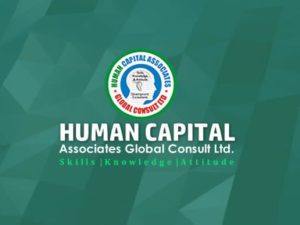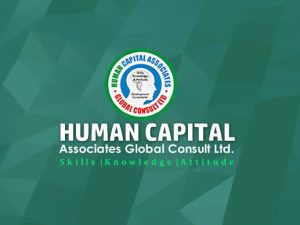Workshop on Corrosion Management in Oil & Gas Industry
March 11 – 15, 2024, 1st Run: Lagos & Port Harcourt
September 9 – 13, 2024, 2nd Run: Lagos & Abuja
For Tutor-Led Class: 9 am – 4:30 pm
Workshop fee: N350, 000 per Participant
For online: Delivery via Zoom
Online course fee: N300, 000 per Participant
Available for In-plant Training
Program Overview:
Corrosion costs the oil industry billions of dollars a year. Corrosion affects every aspect of the oil & gas industry and contains a wide variety of corrosive elements. Some of these are unique to this industry. Corrosion problems occur in the petroleum industry in at least three general areas: (1) production, (2) transportation and storage, and (3) refinery operations.
This course covers the main causes of corrosion in upstream oil and gas operations, as well as monitoring and mitigation methods. The various corrosion mechanisms give rise to a number of different forms of corrosion damage, which will all be covered in this program.
Participants will estimate the corrosivity of a given environment through analysis of the chemical and physical characteristics of the system; review approaches to selecting materials and coatings for corrosion resistance for different conditions and applications (including the use of NACE MR0175/ISO 15156); and be introduced to cathodic protection (CP) surveys, selecting the CP system type, estimating current requirements, and the design principles of simple cathodic protection systems. The participant will learn how to select and utilize corrosion inhibitors for different systems, and how to select and apply corrosion monitoring techniques to create an integrated monitoring program. The course content provides an appropriate balance of necessary theory and practical applications to solve/mitigate corrosion-related problems.
For Whom:
This program is specifically designed for Managers, engineers, chemists, and operators who need to understand corrosion and its control management in oil and gas production and process industry.
Learning Objectives:
At the end of the program, participants will be able to:
- explain the basics of corrosion;
- explain corrosion mechanisms occurring in oil and gas production/processing systems;
- list and explain different types of damage caused by corrosion;
- carry out Risk-Based Inspection Basics;
- list the right materials to select for corrosion prevention;
- list and explain methods for conducting cathodic protection (CP) surveys;
- list and explain items to consider for corrosion inhibitors;
- list and explain key advantages and disadvantages of the various corrosion monitoring methods; and
- develop strategies to manage corrosion in their organizations.
Course Outline:
Day 1: The Corrosion Management Concept and Definition
- Corrosion and Corrosion Engineering (CE) in Process Operations
- The two Current Corrosion Management (CM) Models
- Fundamentals of corrosion theory
- Major causes of corrosion (O2, CO2, H2S, microbiologically influenced corrosion)
- Forms of corrosion damage
- Effects of Corrosion
- Forms of corrosion damage
- Materials selection
- Group Presentation/Case Studies
Day 2: Maintenance Management Requirements
- An Introduction to Management Requirements
- Registers, Strategies, and Procedures
- Databases, Documentation, and Data Management
- The Significance of Communication
- The Asset Corrosion Management Strategy Document
- Corrosion Control Matrices and
Corrosion Key Performance Indicators
- Team Structure, Roles, and Responsibilities
- The Significance of Competency
Day 3: Prevention of Corrosion: Emphasis on ICCP Cathodic Protection Systems
- Protective coatings and linings
- Cathodic protection
- Design of impressed current CP system (ICCP), Its various components,
o functions, operation and maintenance.
- Corrosion inhibitors
- Corrosion Monitoring
- Corrosion monitoring and inspection
- Corrosion in gas processing facilities
- Group Presentation/Case Studies
Day 4: The Corrosion Management Implementation Process
- The Integrity Review Process
- The Corrosion Engineering and Corrosion Management
Interactions Post-Commissioning
- The Corrosion Management Process Implementation
- Corrosion in water injection systems
- A Brief Introduction to Risk-Based Inspection (RBI)
- Risk-Based Inspection Basics
- Corrosion Loops and Process Flow Diagrams
Day 5: Corrosion Management: Benefits and Recommendations
- Potential Benefits of Corrosion Management
- Recommendations for Effective Corrosion Management
Implementation
- Corrosion management strategy and life-cycle costs
- Group Presentation/Case Studies
- Post-Course Assessment
Training Methodology
Lectures, discussions, exercises, and case studies will be used to reinforce these teaching/learning methods.
Related Courses





